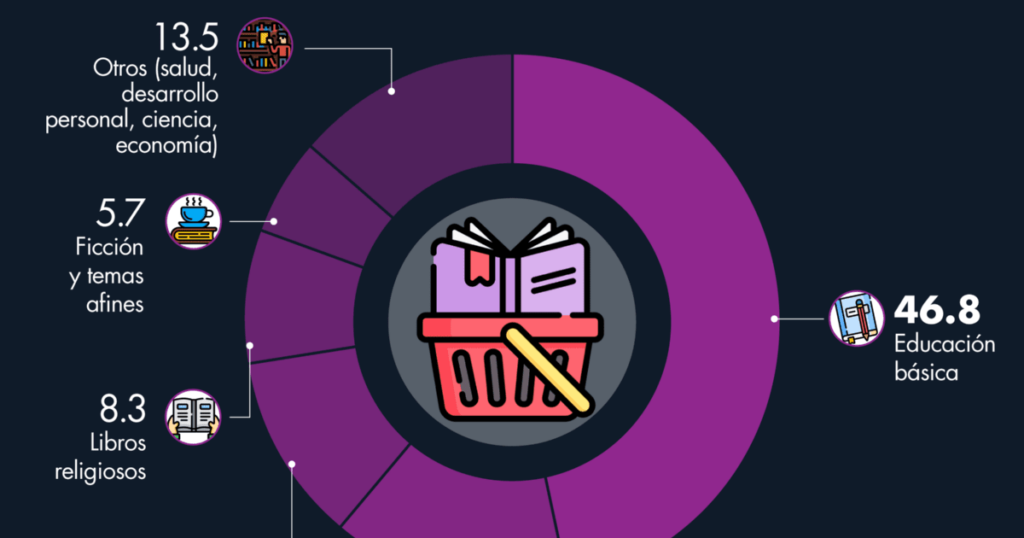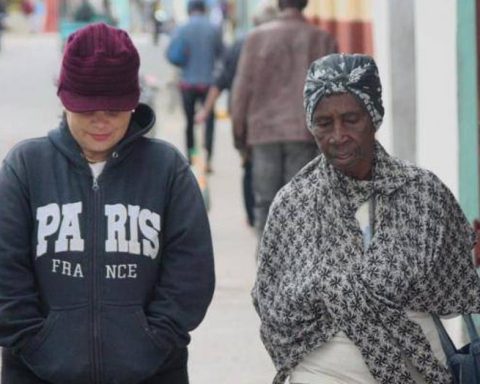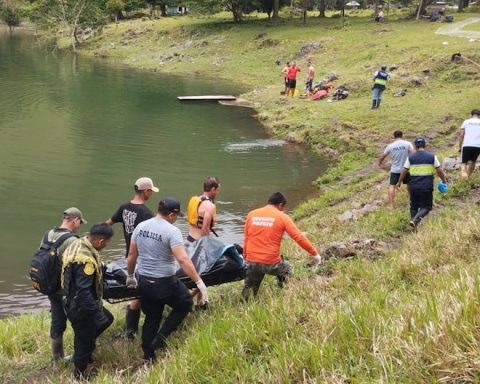A bill was presented in the Chamber of Deputies “Which establishes the cooperative liquidation process and repeals articles 97, 98 and 99 of Law 438/94, which regulates the constitution, organization and operation of cooperatives and the sector cooperative, and incorporates new articles”.
The document is promoted by the legislator edwin reimer (ANR-Boquerón) and the objective is to determine the procedure for the liquidation of a cooperativein such a way that the process is simplified, guaranteeing the opportunity and effectiveness of the realization of the asset, and the cancellation of the liability (debts of the cooperative and other obligations: Savings – Contribution, etc.), on equal terms with the others creditors.
Liquidation rules are established for cooperatives constituted in accordance with Law 438, whose process will be governed by the provisions of the rule and the regulations issued by the National Institute of Cooperatives (INCOOP).
At the same time, there is talk of taking into account, additionally, the provisions of the Civil Code, related to “calling of creditors” that in the opinion of INCOOP were compatible with Cooperative Law and the nature of the entities regulated by the field.
The bill says that once any cooperative is dissolved, for the reasons set forth in subparagraphs a), c) and f) of article 95 of the aforementioned Law 438, INCOOP will appoint a “Liquidator” or a “Liquidator Commission”, which will proceed to liquidate the cooperative. active.
The legal capacity will subsist to the extent that the liquidation requires it, to conclude pending matters, start new operations and to manage, preserve and carry out the asset.
It’s news today: In Caacupé they give Marito a slap on the wrist: indebtedness and looting of IPS funds
The designation of the liquidators will be made by INCOOP and may fall on the cooperative officials or external professionals appointed for that sole purpose and without employment relationship with the entity under liquidation, nor with INCOOP.
The remuneration will be set by the application authority and may be paid with the funds of the entity in liquidation.
For creditors to appear, it is established a term of not less than 20 days, nor more than 40.
The liquidators would be empowered, through a resolution, to admit or reject the verification requests; and in the case of rejection, those affected may appeal the resolutions by ordinary means.
An article states that during the liquidation, bankruptcy requests made by creditors will not be processed; and that from the resolution that declares the liquidation, the creditors, by title or previous cause, will not be able to initiate or continue actions executed against the assets of the cooperative, except those that correspond to the workers (according to labor laws).
“The money and assets of a cooperative declared in liquidation will not be subject to embargoes or any other precautionary measure. The embargoes decreed prior to the respective resolution will be lifted by its authority. The liquidators are legitimized to require the corresponding Judge, the lifting of the precautionary measures or the embargoes, as well as the interruption of the judicial processes in process ”, he refers.
It mentions that the administrators must deliver to the liquidators the assets and corporate and accounting documents, and present them with the management account for the period following the last ordinary meeting; and that the liquidators will take charge of the assets and documents, drawing up and signing, jointly with the administrators, the inventory from which the active and passive state of the cooperative’s patrimony results.
It is also argued that the liquidators may not dispose of the entity’s assets without the express authorization of INCOOP; and that this regulatory institution, for good reason, at any time, can order the intervention, as well as the change of the liquidator.
It is determined that liquidators cannot distribute contributions or remnantsnot even partially, as long as the creditors of the cooperative have not been paid.
“If the available funds are insufficient to cover the liability, the liquidators may compulsorily demand from the members, the sums not yet integrated on the contributions subscribed to the date of the last publication of the Cooperative Liquidation resolution. The maximum amount required in this concept cannot exceed the equivalent of twelve months of contribution”, states the project.
Distribution of remnants
Article 9 states that once the asset is completed and the liability is cancelled, the remainder will be distributed in the following order:
-Reimbursement to the partners of the nominal value of the certificates of contribution.
-If full reimbursement is not possible, the money will be apportioned based on individual capital.
-The balance will have the destination established by the Bylaws and in no case may it be distributed among the partners, nor be used for profit-making activities or entities.
-After the liquidation of the cooperative’s assets, the liquidators will submit a final report to INCOOP requesting the cancellation of the legal status.
Finally, another article says that once the liquidation resolution has been issued, and while it lasts, in no case can bankruptcy be requested.


















